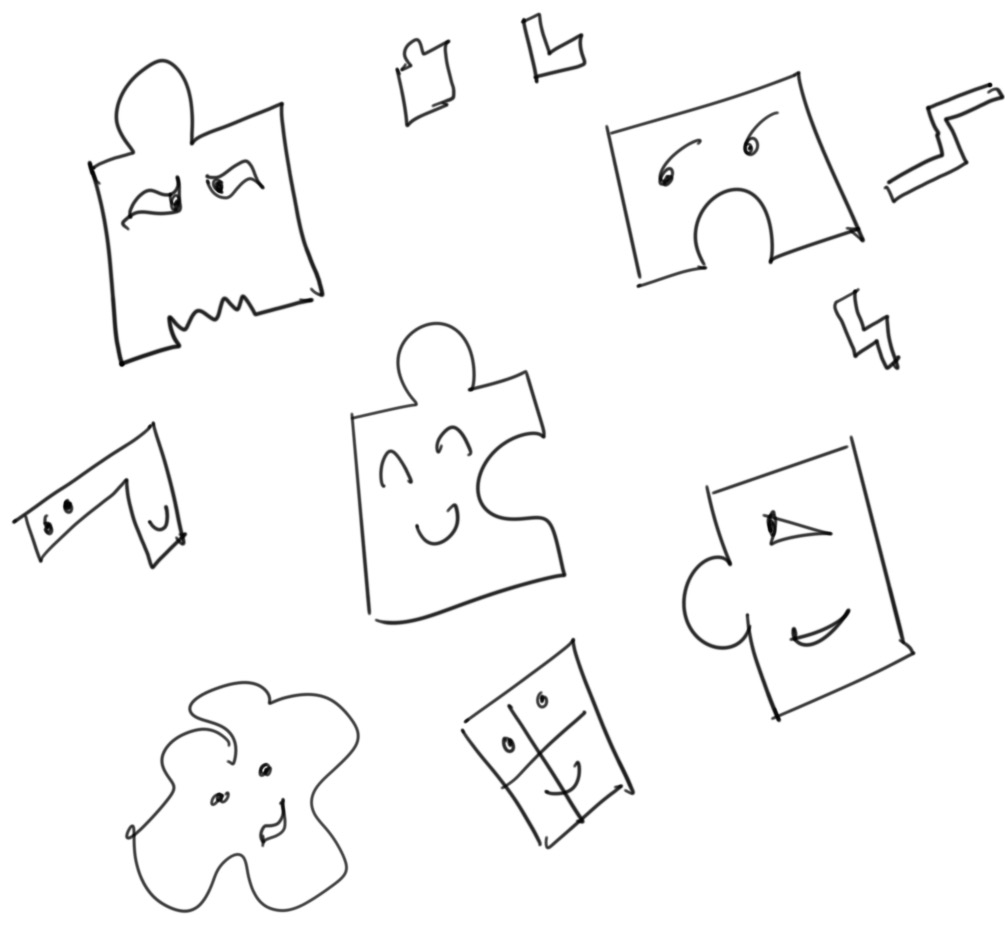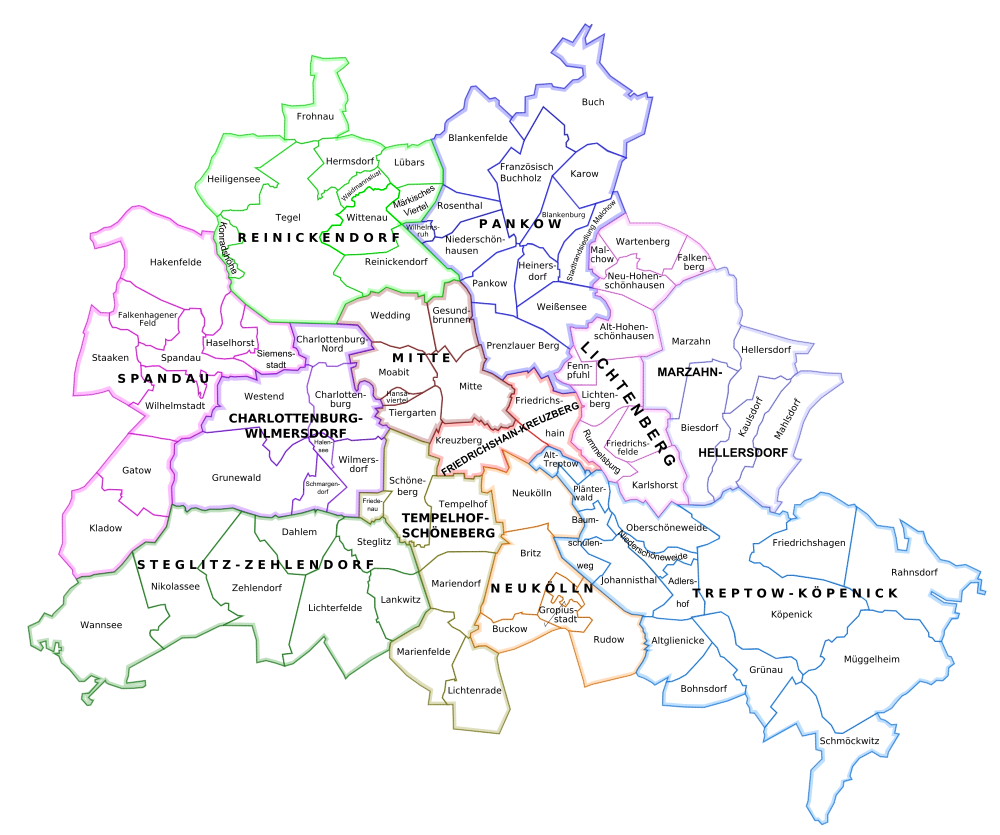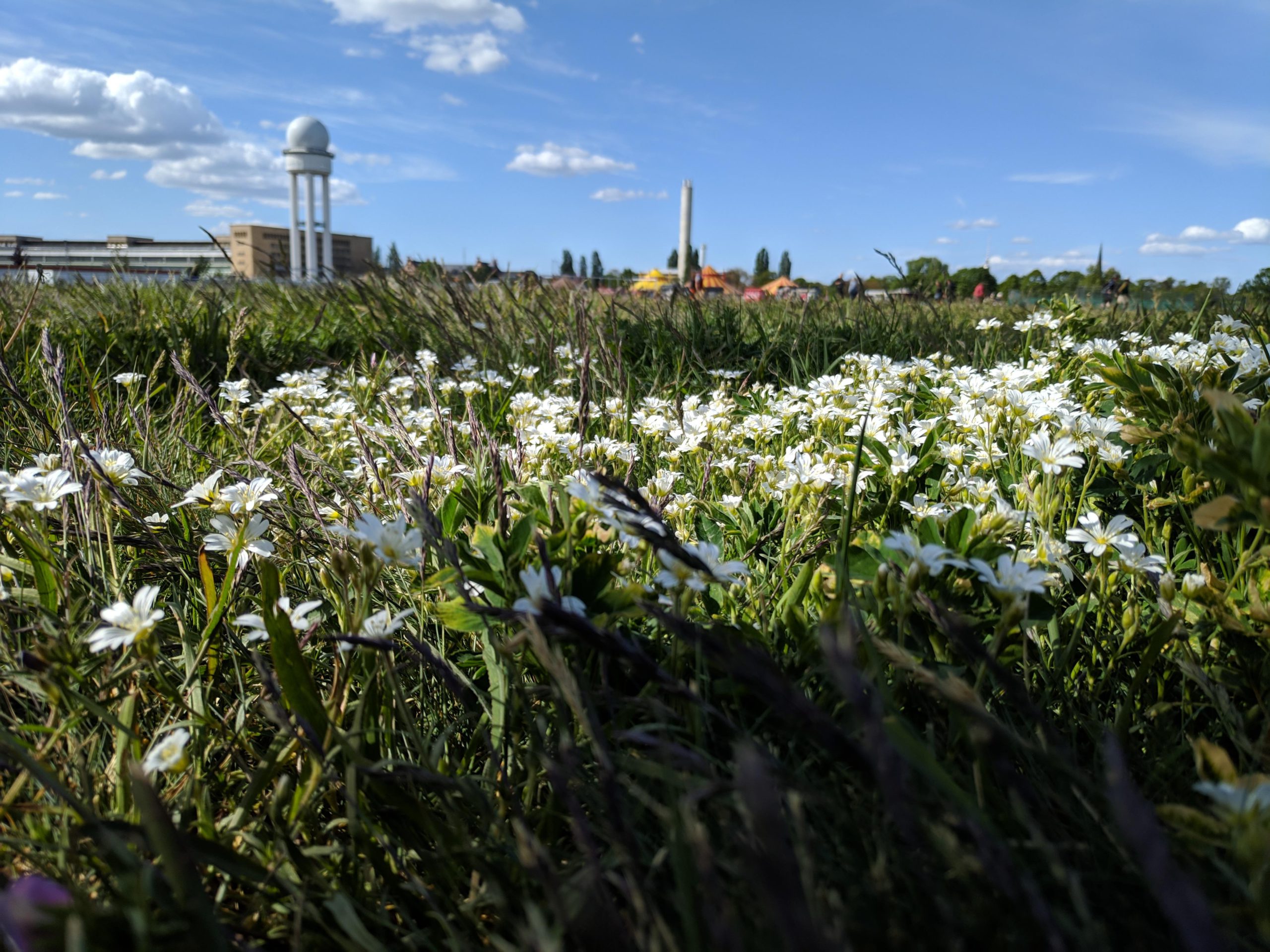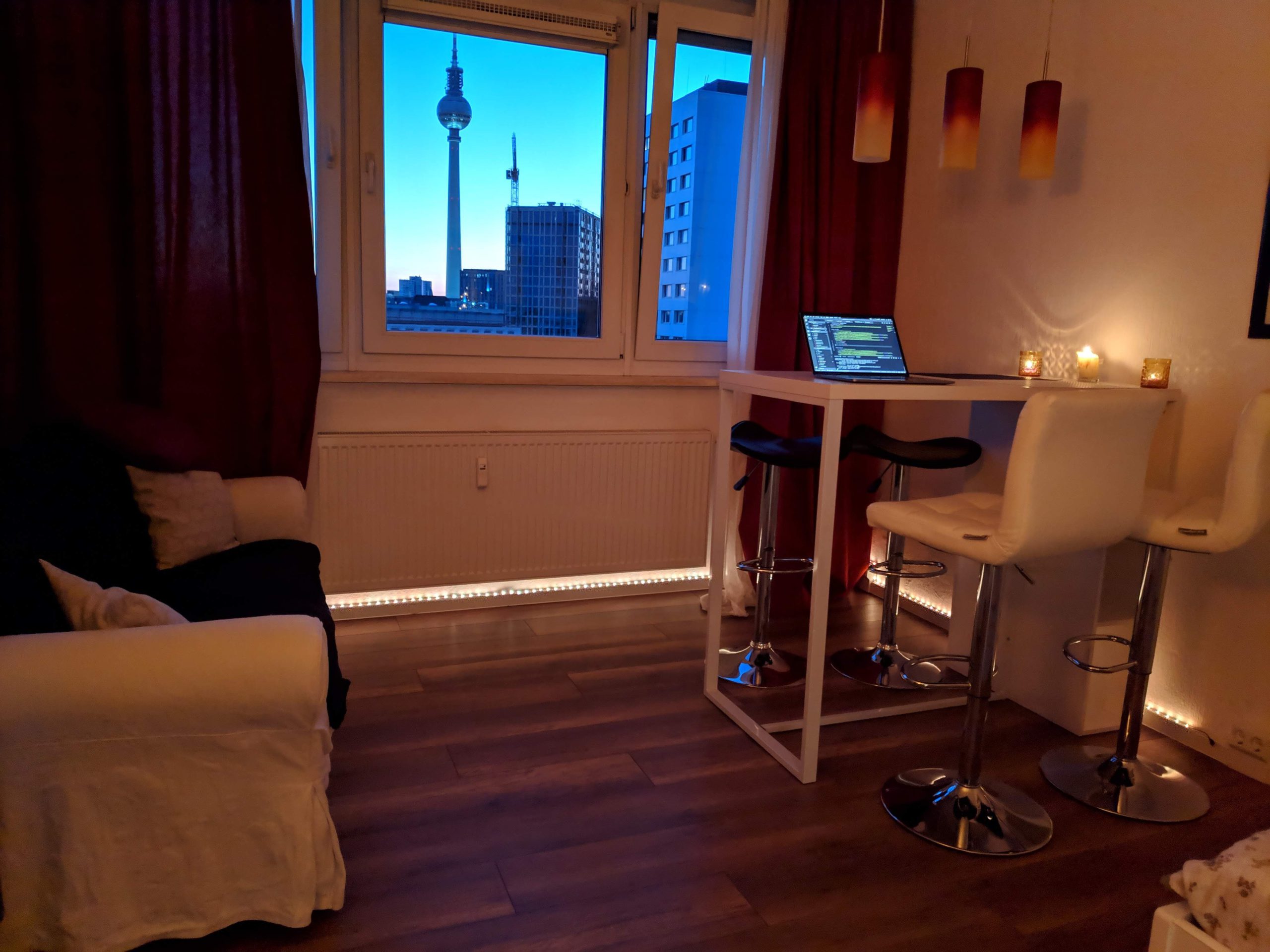I distinctly remember the last week of February. A bunch of my colleagues and I got together at a Chinese restaurant to have nice food. The next day was Saturday and I went running at Tempelhofer Feld. Sunday was relaxing at home all day except for a little Coffee trip to Alex.
Like for many people, the threat of Coronavirus was downplayed by the fact that it seemed way too far away. Until suddenly it wasn’t. We hurried home on the first Monday of this month halfway through the day, and that marked the beginning of self quarantine for me. More a month later, here I am writing this article after having embraced this new way of life in self quarantine; social distancing, self isolation and working from home culture.
So I’m sure most of you reading this in the near future or even the distant future know and understand the gravity of the current situation, and even if you don’t, there are great sources out there that you can use to make and keep yourself informed. We’re not going to talk about any of that in this article. What I’ll instead like to write about is all the things in life that I took for granted that I should’ve been grateful for. If there’s something positive about this whole situation, it is that it reminds us how lucky many of us are living in comforts of our social security, freedom of movement, privilege to eat and hangout in the sun. To make sure I don’t forget the lessons from this time, I’ll make a note of some of these privileges in this article.
Freedom to travel
For me, the only restriction of movement I ever felt was either bureaucratic, like requirement of visa, or monetary, like needing to save money to visit some place. I grew very introverted and most of my time would get spent at home, but that was a choice. I never had to experience what a lockdown feels like. Now, I feel like many people like myself can relate more, and hence, empathize with the struggles of communities living under lockdown, not because of a virus but geopolitical instability.
Meeting friends and colleagues at work
Having the option to socialise is very underrated. In fact, having to meet people in real life is sometimes frowned upon. We tend to make jokes about how meetings at workplaces suck, and how we’d rather work in solitary for all our lives if we could. While there’s certainly some truth to the notion of reducing unnecessary meetings, I think workplaces can be a great place to meet people of different kinds, find friends and work on your soft skills. There’s also that extra joy of forming little groups to go to fancy lunches.
Biking on a super fine day
I love my bike. And when the day is nice and sunny, there’s nothing better than riding the bike in a random direction for a while, parking next to a Coffee shop, grabbing a Coffee, hanging out at the flea markets and more! Aah, those days. It is especially painful writing this because today is almost one such day.
Hangout at the supermarkets
For me, grocery shopping has become something that I look forward to. I find it quite entertaining to go to supermarkets and ponder over all the variety of goods they have there. It is probably also because German supermarkets are sort of new to me, coming from a convenience store culture, I get mesmerized by all these huge supermarket chains they have here (not to mention the differences in cuisines between Germans and Indians). Can’t wait to get back to that routine!
Hangout at friends’ places
I often go to my friends’ places, and they sometimes come over to mine. It is always nice meeting people over the weekend, playing a board game or cooking, or simply chatting through the evening. It recharges you for the next week and during the week there’s always something one can look forward to if things aren’t the smoothest!
Shawarma, Kabap, Döner, Kofte
For me, all of these are my guilty pleasures and I can’t wait to get back to them. In Berlin, no matter what, you have a Döner joint right around the corner and for many, life’s just not the same without a regular Döner meal.
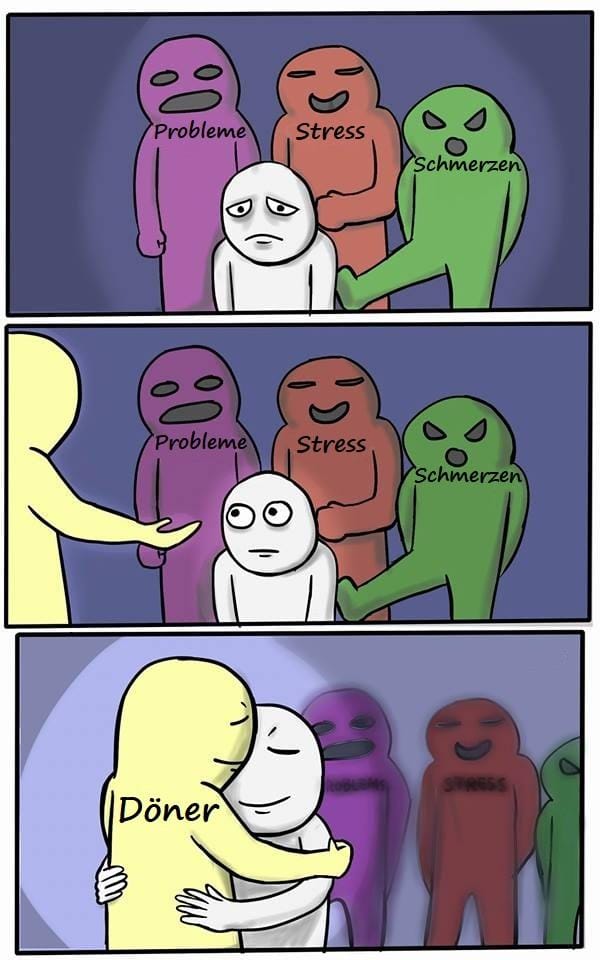
The feeling of control
On slightly more abstract terms, I miss the feeling of control we generally have, or think we have, in life. We plan vacations months in advance, not worrying about flights being grounded or international borders closed. The recent timeline of events makes one realize how fragile things are, and man made structures do a good job of, even if momentarily, giving an illusion of full control and predictability.
In closing
I hope you are doing well wherever you are. If you work in an essential services industry and still go to work, I applaud your efforts and your courage. If you are sitting at home waiting for times to get back to normal, I think it helps to document or simply reflect on exactly what you’re looking forward to so that when things actually go back to normal and you do your everyday activities like going to work, eating good food at a restaurant or visiting a friend, you would be reminded how special each one of those activities are.
Stay healthy and safe, and thank you for reading!



